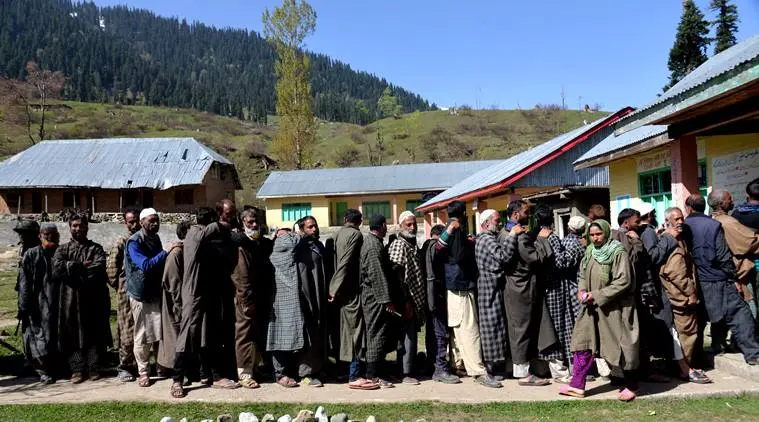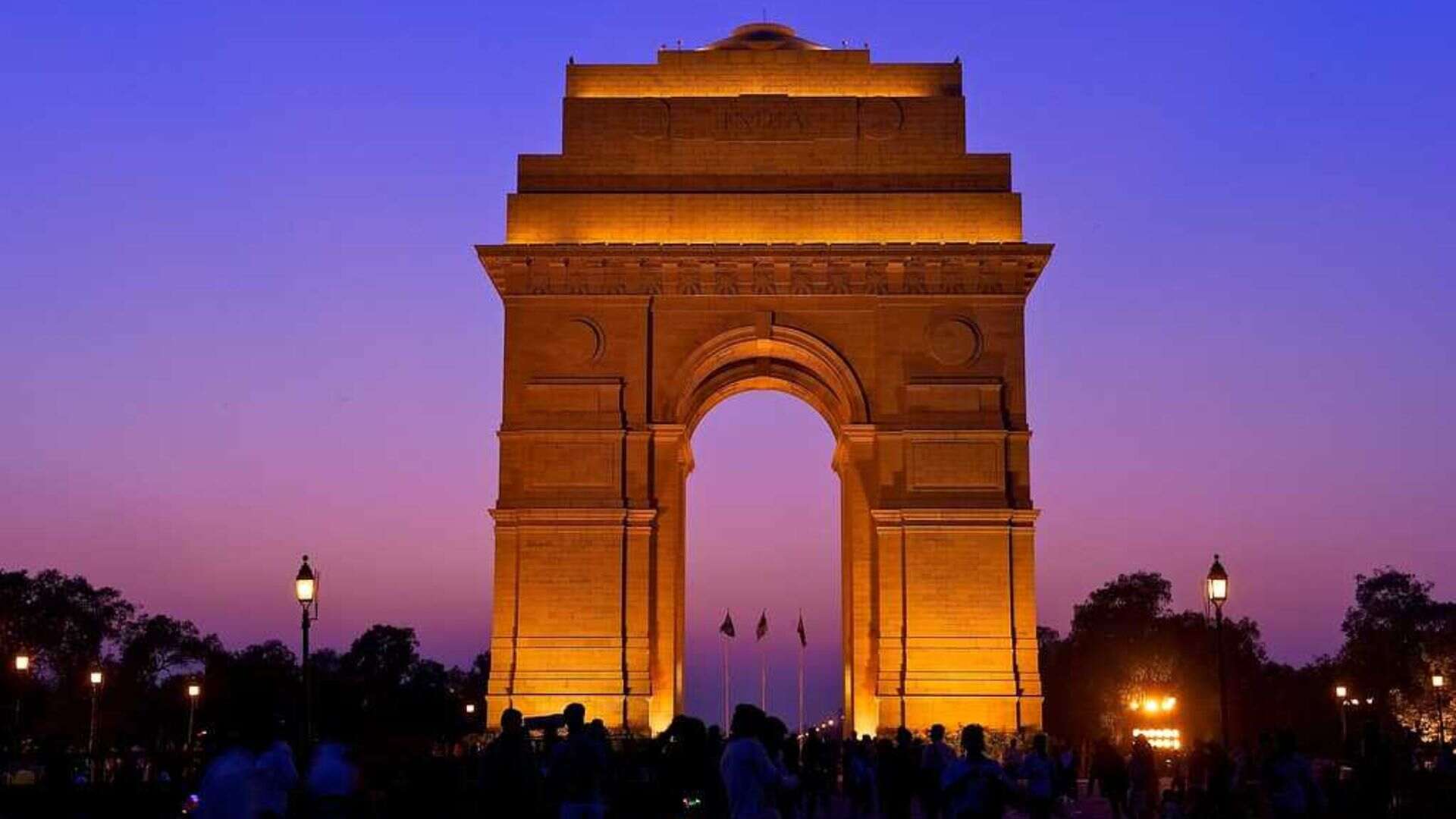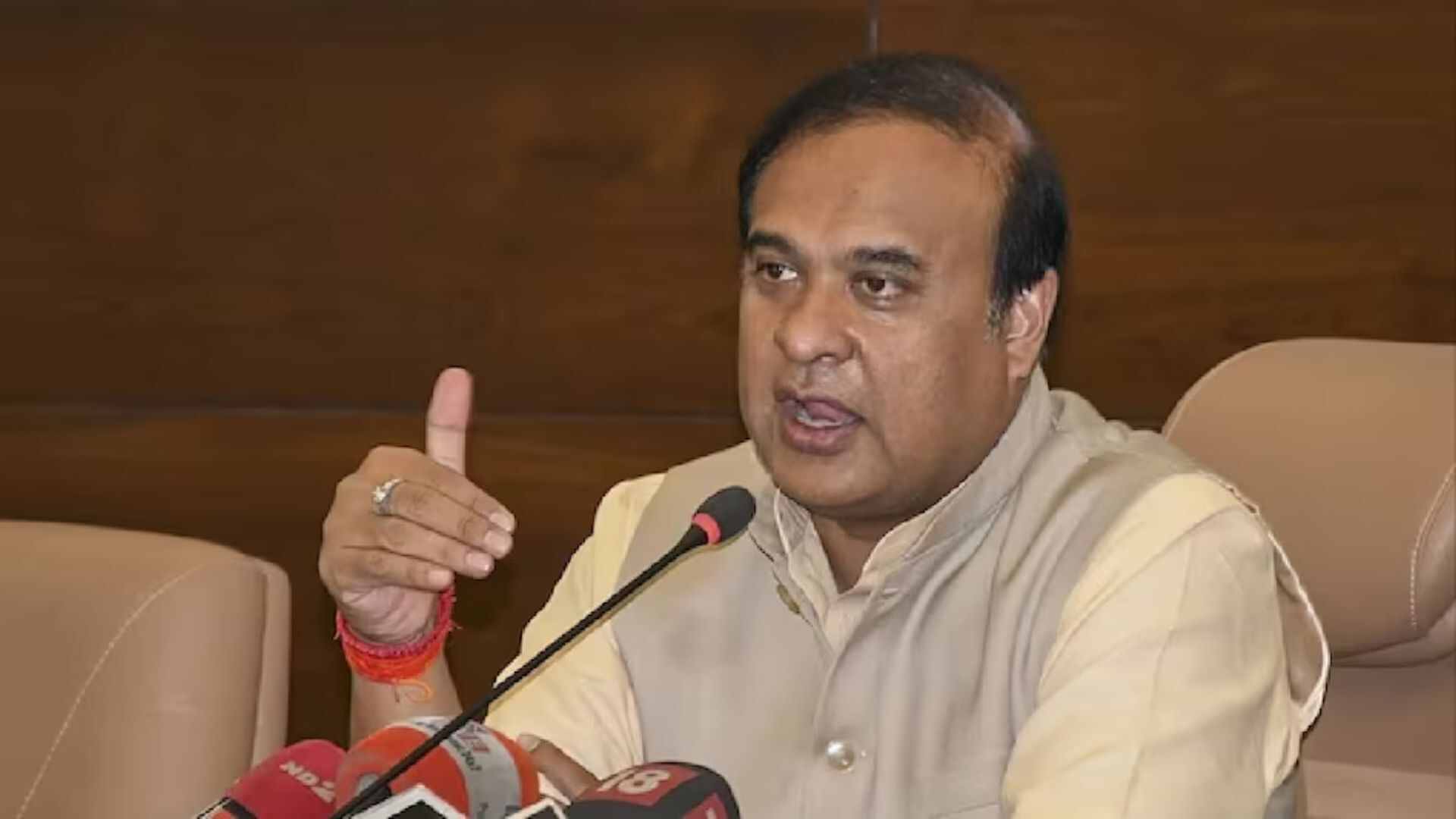Jammu and Kashmir saw enthusiastic participation by voters in the first phase of the Assembly elections on Wednesday. The voting percentage, at the time of writing, was over 58% and may cross 60% once all the numbers come in. This is quite remarkable given the low participation by voters in earlier elections. The Lok Sabha elections served as a curtain raiser, where too we saw enthusiasm among voters for casting their votes. This would have disappointed the Pakistan-backed propagandists who have been telling everyone that the situation in Kashmir is among the most oppressive in the world and that India has killed democracy by abrogating Article 370. Instead what the world saw on Wednesday were long queues at polling booths, with voters freely exercising their franchise. The run-up to the first phase also resembled the way electoral politics is played in this country, with the rallies and the rhetoric dominating the voting landscape. The second and third phases of voting are scheduled for 25 September and 1 October and there is no reason to believe that there will be any drop in voter enthusiasm in these phases.
This election is a part of the mainstreaming of Kashmir and is one more proof of how the valley has changed in the last 5 years, after the abrogation of Article 370. The Indian flag now flutters where it was never allowed to fly—at Srinagar’s Lal Chowk. The city itself has got a major facelift. Srinagar, which had got traffic lights a little over 10 years ago and went indoors at 6 pm for fear of terror attacks in 2014—when the Assembly elections were held there after the devastating floods that year—now bustles in the evening, with tourists and locals thronging the city centre. Even in 2019, before the abrogation of Article 370, the talk in the international media was all about the allegations of young boys being picked up by the Indian Army, about torture, killing, rape, etc. A cottage industry had flourished of “victim shopping”, where the youth would take foreign reporters to specific locations and spin tales of horror, feeding the media with what was essentially fake information regarding the military. Terrorists ran amok. Stone-pelters in downtown Srinagar made the lives of security personnel hell. All of that seems like a bad dream now.
One of the reasons could be the security establishment’s ability to cut off the money chain that fed the overground workers of terror groups and other Pakistani proxies in the valley. The disappearance of Hurriyat from the scene, specifically the non-emergence of a Hurriyat leadership post the demise of Syed Ali Shah Geelani, too has helped the situation. After all, once upon a time, the valley marked its days according to the hartal (strike) calendar issued by the hardliner Geelani. For days and months there would be shutdowns because Geelani wanted it; elections would see minuscule participation because Geelani and other Hurriyat leaders would inevitably call for a shutdown on voting day, the reason why results were decided by a few hundred votes. Of course the stellar work done by the security establishment and the Lieutenant Governor’s administration has helped in the mainstreaming of Kashmir. The Army has worked hard to ensure that anyone who picks up the gun, has a shelf life of not more than a year. This crackdown has made the Pakistani backed terrorists to start attacking Jammu, but with the security establishment determined to neutralise them, there is every reason to believe that this too will be a thing of the past sooner than later. All this has contributed to the normalisation of the situation to a certain extent. Of course as long as Pakistan continues to make mischief, the threat of the situation deteriorating will always be there. It is to prevent this from happening and to keep the situation “normal” that the forces are paying a high price, in terms of manpower.
Amid all this, what is the most remarkable is the return of aspiration in the valley. People have started believing in the future.
Hence, it is encouraging that even those considered separatists, like the Jamaat and Engineer Rashid’s Awami Ittehad Party (AIP) are taking the democratic path to make their voices heard. Chances are that they will pick up a substantial number of seats too, especially AIP in the Baramulla region. Baramulla is Rashid’s Lok Sabha seat, which he won after defeating Omar Abdullah. He had a lead on 14 of Baramulla’s 18 Assembly segments in the Lok Sabha elections. In case he is able to retain that winning streak, Omar Abdullah’s National Conference would be the biggest loser, since these seats were once NC’s bastion. In fact the established political parties of J&K, the Abdullah family’s NC and the Mufti family’s People’s Democratic Party (PDP) have themselves to blame for the erosion in their support base. The consensus in the Valley seems to be that these two parties have done nothing for the people and hence it is time to consign them to the dustbins of history. If that actually happens, then there will be a sea change in the political complexion of the valley. Smaller parties are coming up and seem to be more representative of the local people. Whether or not they are able to fulfil the promises that they have made to their voters, only time will tell, but they should not forget that the elections are about issues that affect people’s lives. People are not voting for them because they have promised to bring back Article 370—which is an impossibility. People want a normal life, a peaceful and prosperous life. That aspiration must be fulfilled.







